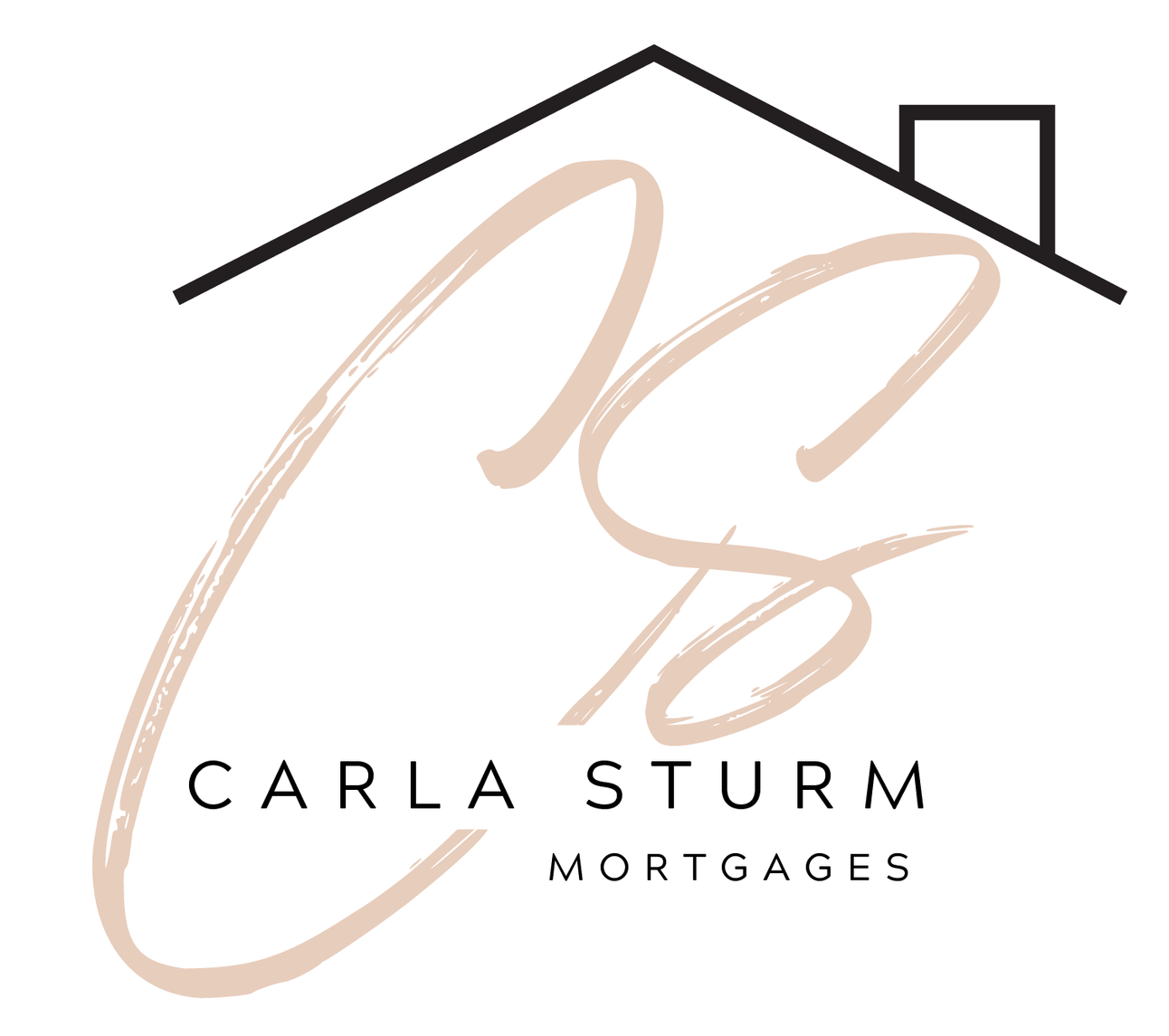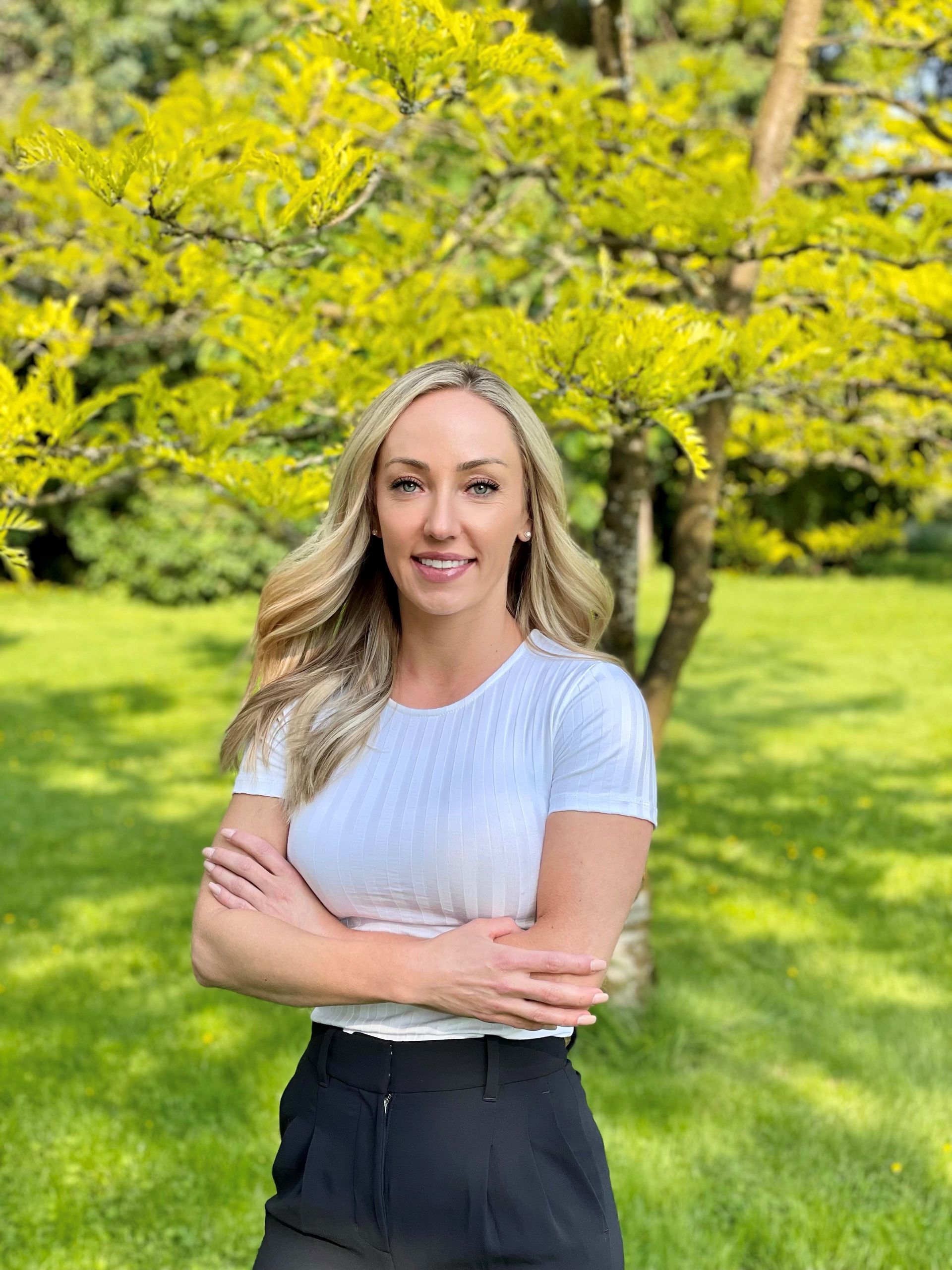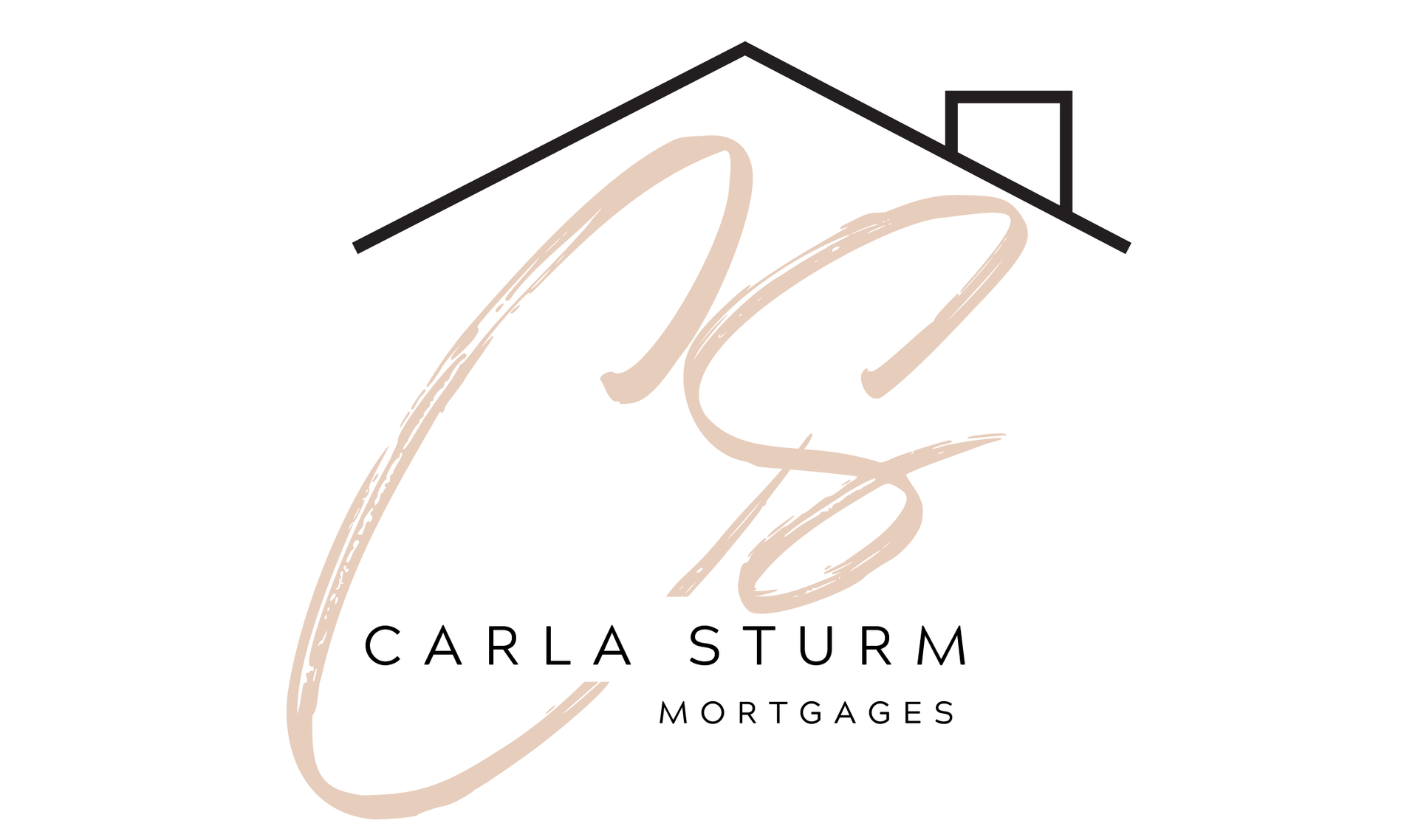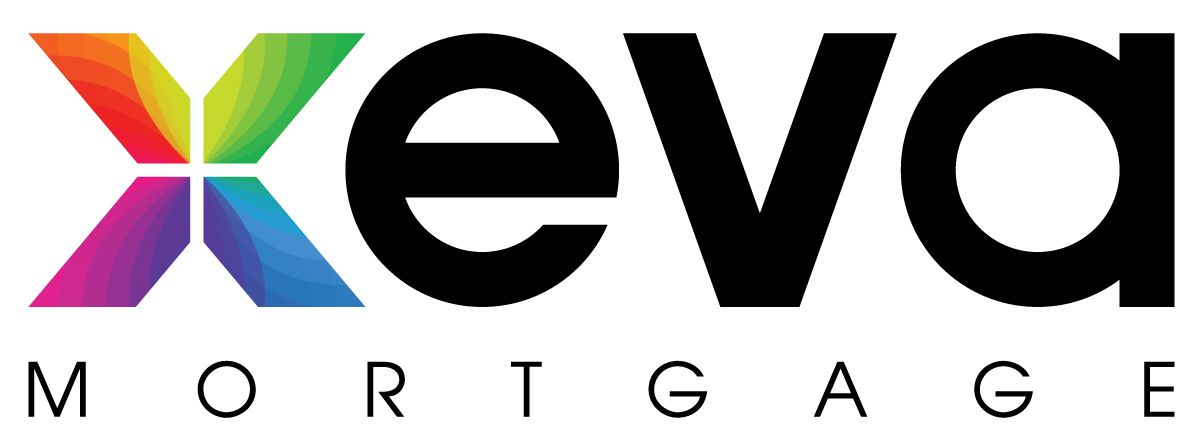Smart Strategies to Save for Your Down Payment
How to Start Saving for a Down Payment (Without Overhauling Your Life)
Let’s face it—saving money isn’t always easy. Life is expensive, and setting aside extra cash takes discipline and a clear plan. Whether your goal is to buy your first home or make a move to something new, building up a down payment is one of the biggest financial hurdles.
The good news? You don’t have to do it alone—and it might be simpler than you think.
Step 1: Know Your Numbers
Before you can start saving, you need to know where you stand. That means getting clear on two things: how much money you bring in and how much of it is going out.
Figure out your monthly income.
Use your net (after-tax) income, not your gross. If you’re self-employed or your income fluctuates, take an average over the last few months. Don’t forget to include occasional income like tax returns, bonuses, or government benefits.
Track your spending.
Go through your last 2–3 months of bank and credit card statements. List out your regular bills (rent, phone, groceries), then your extras (dining out, subscriptions, impulse buys). You might be surprised where your money’s going.
This part isn’t always fun—but it’s empowering. You can’t change what you don’t see.
Step 2: Create a Plan That Works for You
Once you have the full picture, it’s time to make a plan. The basic formula for saving is simple:
Spend less than you earn. Save the difference.
But in real life, it’s more about small adjustments than major sacrifices.
- Cut what doesn’t matter. Cancel unused subscriptions or set a dining-out limit.
- Automate your savings. Set up a separate “down payment” account and auto-transfer money on payday—even if it’s just $50.
- Find ways to boost your income. Can you pick up a side job, sell unused stuff, or ask for a raise?
Consistency matters more than big chunks. Start small and build momentum.
Step 3: Think Bigger Than Just Saving
A lot of people assume saving for a down payment is the first—and only—step toward buying a home. But there’s more to it.
When you apply for a mortgage, lenders look at:
- Your income
- Your debt
- Your credit score
- Your down payment
That means even while you’re saving, you can (and should) be doing things like:
- Building your credit score
- Paying down high-interest debt
- Gathering documents for pre-approval
That’s where we come in.
Step 4: Get Advice Early
Saving up for a home doesn’t have to be a solo mission. In fact, talking to a mortgage professional early in the process can help you avoid missteps and reach your goal faster.
We can:
- Help you calculate how much you actually need to save
- Offer tips to strengthen your application while you save
- Explore alternate down payment options (like gifts or programs for first-time buyers)
- Build a step-by-step plan to get you mortgage-ready
Ready to get serious about buying a home?
We’d love to help you build a plan that fits your life—and your goals. Reach out anytime for a no-pressure conversation.






